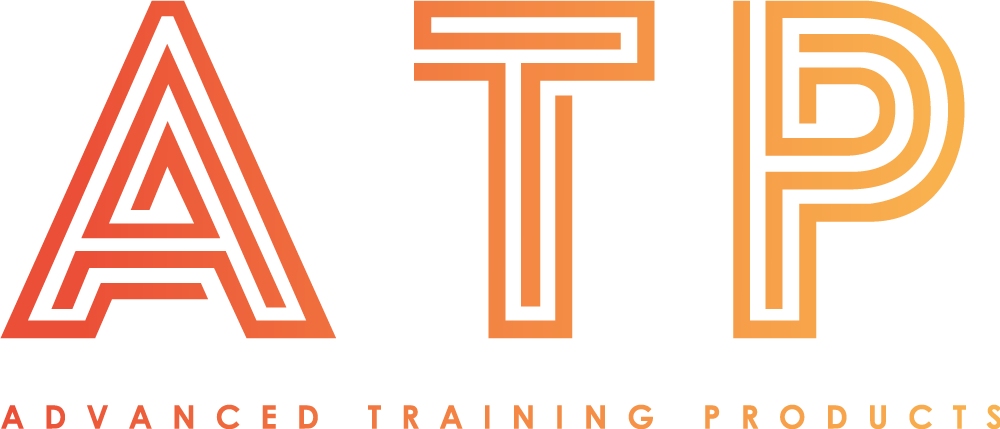White Papers and Press Releases
At Advanced Training Products, we're committed to empowering organizations with the knowledge and tools they need to create safer, healthier workplaces. Our thought leadership resources provide valuable insights into a range of topics, including:
- Total Worker Health® initiatives
- Workplace impairment prevention
- Reasonable suspicion protocols
- Cannabis legalization and its impact on the workplace
Stay informed and stay ahead with our expert analysis and actionable advice.
Keep up with the latest industry news through our press releases below.
Addressing Impairment-Related Absenteeism: Promoting a Culture of Safety, Well-being, and Compliance
The Impact of Impairment-Related Absenteeism: Impairment-related absenteeism can have a profound impact on organizations.
- Reduced Productivity: Affected employees are unable to perform their work duties. This can lead to disruptions in workflows, increased workload for colleagues, and overall diminished output.
- Safety Concerns: Affected individuals may have impaired judgment, coordination, or reaction times. This poses significant safety concerns for both the affected employee and others in the workplace.
- Compliance Challenges: Failure to manage absenteeism related to impairment can lead to non-compliance with legal and regulatory requirements.
- Financial Implications: Can lead to increased costs for organizations, including lost productivity, healthcare expenses, and potential legal liabilities.
Establishing Policies and Procedures for Impairment-Related Absenteeism: Effectively managing impairment-related absenteeism with clear and consistent policies and procedures.
- Reporting Requirements: Establish clear guidelines for employees to report impairment-related absences, including who to contact, the timeframe for reporting, and the information required.
- Documentation Procedures: Record impairment-related absences, including the date, reason for absence, and any supporting documentation provided.
- Confidentiality and Privacy: Ensure that all information related to impairment-related absences is handled with strict confidentiality and respect for employee privacy.
Ensuring Consistent Application and Employee Support: Ensures fairness, preventing discrimination, and maintaining a culture of trust.
- Manager Training: Train managers on recognizing signs of impairment, conducting sensitive conversations, and applying policies consistently.
- Supportive Resources: Provide employees with access to supportive resources, such as EAPs, counseling services, and wellness programs, to promote their health and well-being.
- Employee Awareness: Educate employees about their rights and responsibilities regarding impairment-related absences, promoting open communication and early intervention.
Certain states like New Jersey have established the role of the Workplace Impairment Recognition Expert ("WIRE") to help address these issues. Advanced Training Products offers an innovative solution: WIRE Certified Training™.

